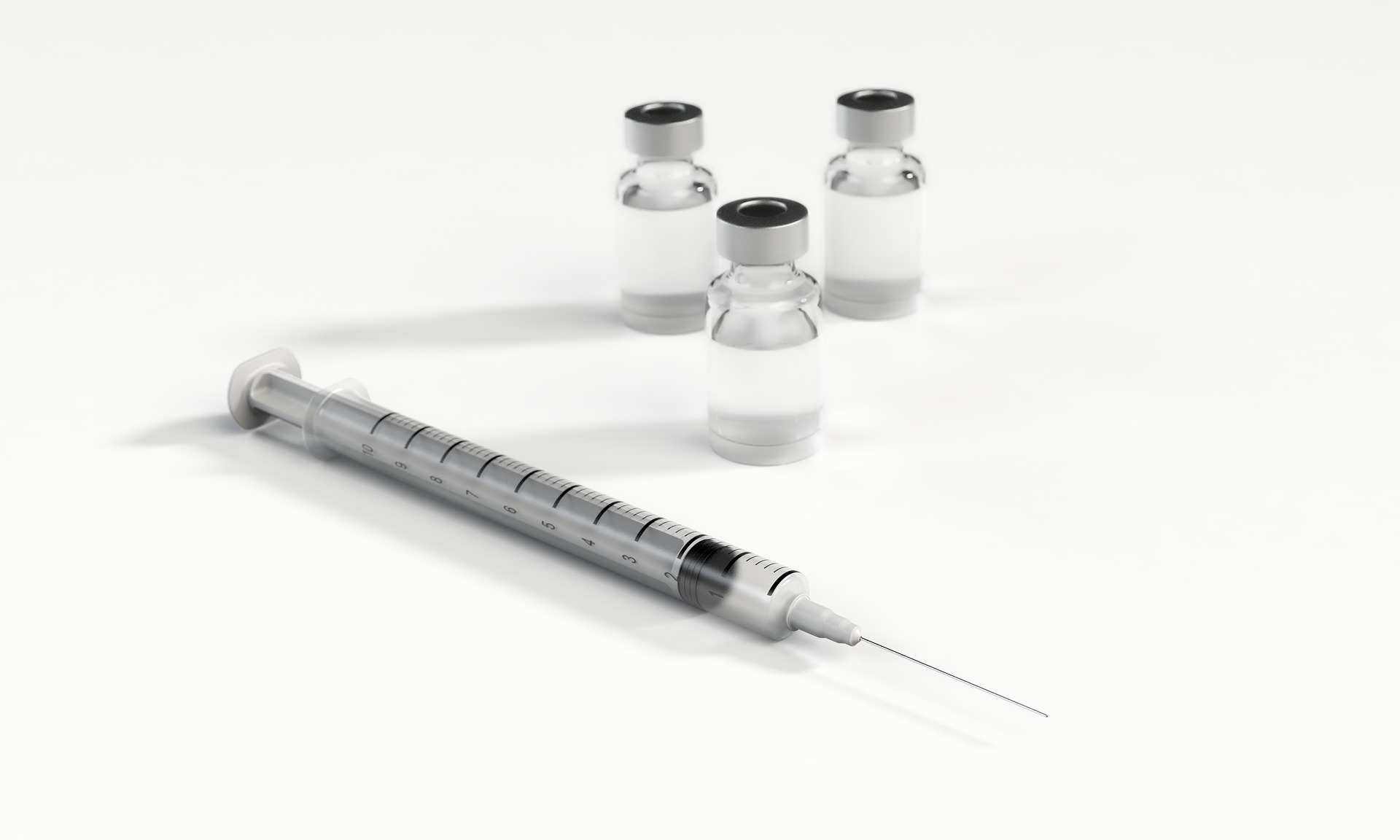Do Fertility Drugs Cause Ovarian Cancer?
A new study, presented on July 3rd at the 2018 annual meeting of the European Society of Human Reproduction and Embryology (ESHRE), provides more evidence to confirm that fertility drugs do not increase a woman’s risk of developing ovarian cancer.
Researchers analyzed data from more than 58,000 women in Denmark, who underwent fertility treatment with assisted reproductive technology (ART) between …




